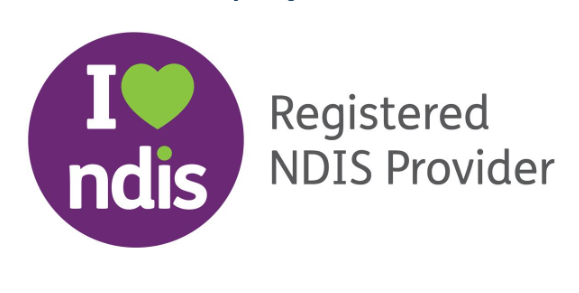
- The death of a participant
- Serious injury of a participant
- Abuse or neglect of a participant
- Unlawful sexual or physical contact with a participant
- Sexual misconduct involving a participant
- Use of restrictive practices that are unauthorised or not in line with a participant's behaviour support plan
- Death, serious injury, abuse, neglect, unlawful sexual or physical contact, or sexual misconduct: Must be reported to the NDIS Commission within 24 hours of the provider becoming aware.
- Unauthorised use of restrictive practices: Must be reported within five business days.
- If the restrictive practice has caused serious injury or trauma, it must be reported within 24 hours.
- Logging into the NDIS Commission Portal
- Filling in the Notification of Reportable Incident Form
- Including relevant details such as:
- Type of incident
- When and where it occurred
- Who was involved
- Any immediate actions taken
- Promotes Transparency and Accountability
- Protects Participants
- Supports Continuous Improvement
- Builds Trust
- Fines
- Suspension or cancellation of NDIS registration
- Investigations by the NDIS Commission
- Legal action in extreme cases
- Develop Clear Policies and Procedures
- Train Staff Regularly
- Keep Detailed Records
- Promote a Culture of Safety





